Just In
- 4 min ago

- 53 min ago

- 1 hr ago

- 4 hrs ago

Don't Miss
- Movies
 Amazon miniTV Forays Into Tamil, Telugu Language Content; Brings 200+ Dubbed Shows & Films
Amazon miniTV Forays Into Tamil, Telugu Language Content; Brings 200+ Dubbed Shows & Films - Finance
 Top 5 Bank Savings Accounts With No Hidden Charges; Check Details?
Top 5 Bank Savings Accounts With No Hidden Charges; Check Details? - News
 Viral Video Manipur Election 2024 Violence: Miscreants Open Fire Near Booth, 3 Killed
Viral Video Manipur Election 2024 Violence: Miscreants Open Fire Near Booth, 3 Killed - Education
 IIIT-Bangalore Introduces PG Diploma In Digital Product Design And Management
IIIT-Bangalore Introduces PG Diploma In Digital Product Design And Management - Automobiles
 Jawa Yezdi Expands Mega Service Camps To 32 New Cities, Focusing On Tier-II And Tier-III Regions
Jawa Yezdi Expands Mega Service Camps To 32 New Cities, Focusing On Tier-II And Tier-III Regions - Travel
 San Marino: A Hidden Gem Of Ancient Architecture And Culture
San Marino: A Hidden Gem Of Ancient Architecture And Culture - Technology
 Snapchat Is Adding Watermark to AI-Generated Images for Transparency
Snapchat Is Adding Watermark to AI-Generated Images for Transparency - Sports
 Hardik Pandya bystander as Akash Madhwal takes input from Rohit Sharma before bowling final over vs Punjab
Hardik Pandya bystander as Akash Madhwal takes input from Rohit Sharma before bowling final over vs Punjab
How Does Alcohol Affect Your Workout?
Let's be honest - drinking alcohol has never been linked to any health benefits. Although some studies have pointed out that moderate consumption of alcohol may help reduce the risk of diabetes and ischemic stroke, alcohol is highly addictive and toxic.
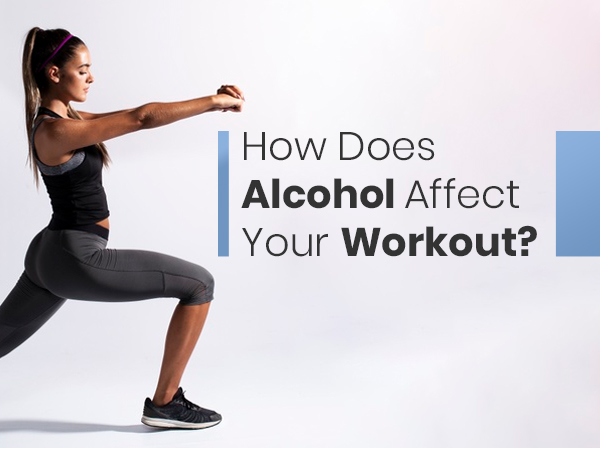
The effect of alcohol is not the same in every individual and varies depending on the type of alcohol and the amount consumed. In the current article, we will examine the impact alcohol consumption has on your workout regime, and how it all reflects on your body and overall health.
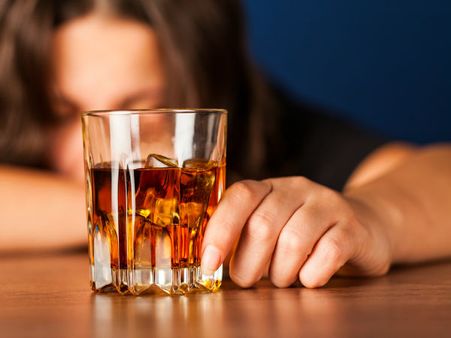
The Relation Between Alcohol And Exercise
Be it casual exercise or competitive, it is important to understand the effect alcohol can have on your performance. Uncontrolled consumption of alcohol can prevent you from gaining anything from the effort you have put forth [1].
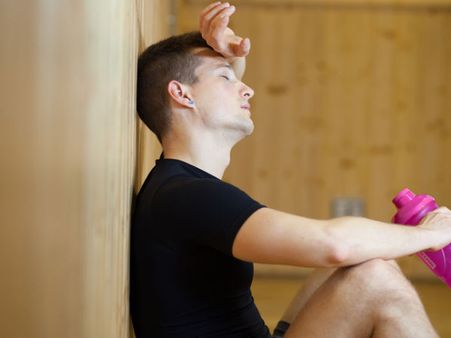
1. Alcohol dehydrates you
Beer, whiskey or rum, all of these are diuretics which causes your kidney to produce more urine [2]. Drinking too much alcohol can cause dehydration, so, exercising after consuming alcohol can make the dehydration worse as your body is losing water while you sweat [3]. A dehydrated body can never achieve any benefits of exercise because hydration is necessary to maintain the flow of blood through your body, which is essential for carrying oxygen and nutrients to your muscles.
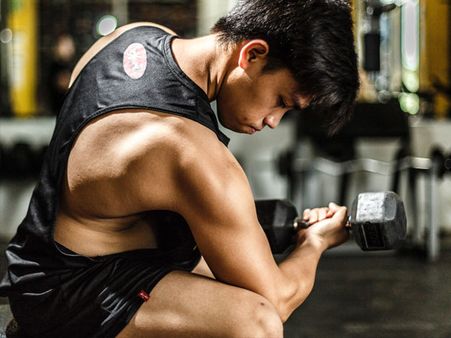
2. Alcohol may interfere with muscle growth
Studies have pointed out that alcohol can impair protein synthesis, that is, the process that builds new muscles [4]. Alcohol consumption has been shown to cause a decrease in muscle weight and lean body mass as the drink may affect the proteins that activate muscle growth [5][6]. Avoid alcohol if you wish to gain some muscles - that is the whole aim after all, isn't it.
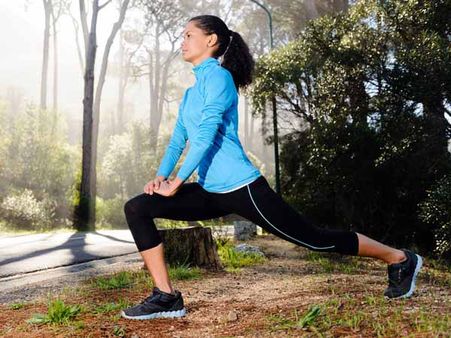
3. Alcohol can slow down recovery
If you don't have muscle pain that makes you think you are dying after a workout, you my friend are a special breed. Bouncing back from your workout sessions are difficult, but worth it (No pain-no gain right?). However, if you have the habit of drinking alcohol, the bouncing back can be quite difficult [7]. In a study conducted by Massey University in New Zealand, it was found that people who consumed alcohol experienced more soreness than those who drank juice [8][9].

4. Alcohol affects your metabolism
Your body has the habit of burning alcohol first and then the remaining calories. This slows down the process of fat burning by 73 per cent, thereby making your workouts fruitless [10].
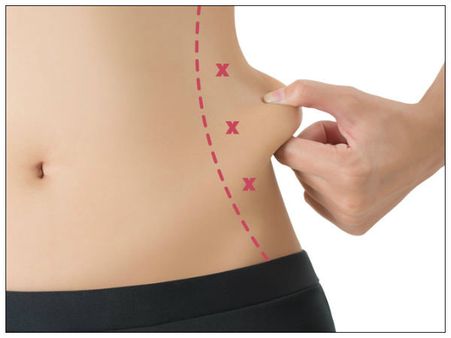
5. Alcohol adds body fat
Constant alcohol consumption can cause you to look flabby- even if you are a fitness freak. No amount of exercise will help you to look fit and trim if you won't keep that glass of cocktail down [11]. Alcohol packs 7 calories per gram, or roughly 100 to 165 calories in a serving, which does nothing but add onto your body fat that you are working hard to get rid of [12].
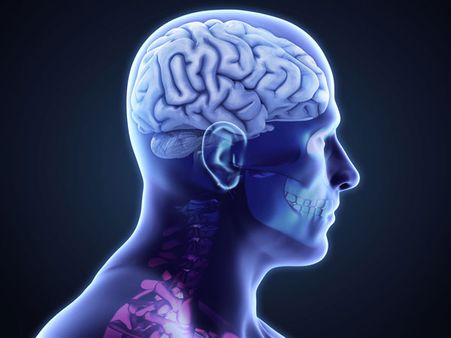
6. Alcohol slows down the nerves
Alcohol affects the nerves that pass messages around the body by slowing it down, thereby causing a relaxed feeling. Although it may sound like a benefit, it is not. While working out, your body has to be alert and aware and being otherwise can affect your coordination, accuracy and balance [13].

7. Alcohol alters heart rate
Drinking alcohol can cause unusual heart rhythms, which is seen as a risk during workouts. While working out, your heart rate is naturally accelerated, which when combined with this can put your heart under unnecessary stress [14][15].
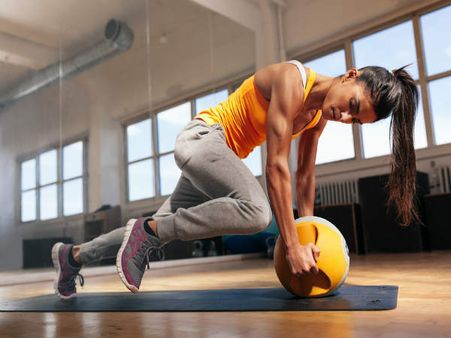
On A Final Note…
Drinking alcohol the night before exercise could have a negative influence on your performance the following day. In the same way, drinking alcohol after your workout session either is not beneficial for your health. Instead of wasting your time working out and drinking alcohol, give up or control your consumption to benefit from your session.
Also, if you do decide to drink, ideally limit the number of drinks and take alcohol with food.

-
 insyncThis Rich Indian King From Gujarat Used To Beg In His Own Court, Know The Reason Behind This Strange Habit
insyncThis Rich Indian King From Gujarat Used To Beg In His Own Court, Know The Reason Behind This Strange Habit -
 healthAre You Emotionally Immature? 5 Signs You Are And Whether You Need A Therapist
healthAre You Emotionally Immature? 5 Signs You Are And Whether You Need A Therapist -
 insync8 Bizzare Drinking Traditions From Around the World Are Packed With Eccentricity
insync8 Bizzare Drinking Traditions From Around the World Are Packed With Eccentricity -
 wellnessInternational Gin And Tonic Day 2023: Interesting Benefits Of Gin That Will Definitely Surprise You!
wellnessInternational Gin And Tonic Day 2023: Interesting Benefits Of Gin That Will Definitely Surprise You! -
 healthHow to Drink Alcohol in Moderation
healthHow to Drink Alcohol in Moderation -
 insyncInternational Beer Day 2023: Fun Facts About Beer, Its History And All About Indian Beer
insyncInternational Beer Day 2023: Fun Facts About Beer, Its History And All About Indian Beer -
 beautyNon-Alcoholic Wine: Your Key To Age-Defying Skin
beautyNon-Alcoholic Wine: Your Key To Age-Defying Skin -
 healthMonsoon Illness Prevention: Health Department Advises Everyone To Take Weekly ‘Dry Day’
healthMonsoon Illness Prevention: Health Department Advises Everyone To Take Weekly ‘Dry Day’ -
 healthRegular Alcohol Consumption Reduces Your Five Main Functions: Which Are They?
healthRegular Alcohol Consumption Reduces Your Five Main Functions: Which Are They? -
 insyncGerman Brewery's Revolutionary Powdered Beer: Just Like Instant Coffee
insyncGerman Brewery's Revolutionary Powdered Beer: Just Like Instant Coffee -
 healthMixing Whiskey And Beer: Is It Safe?
healthMixing Whiskey And Beer: Is It Safe? -
 healthSummer Health Tips: Dangers Of Drinking Alcohol In Summer
healthSummer Health Tips: Dangers Of Drinking Alcohol In Summer


 Click it and Unblock the Notifications
Click it and Unblock the Notifications



